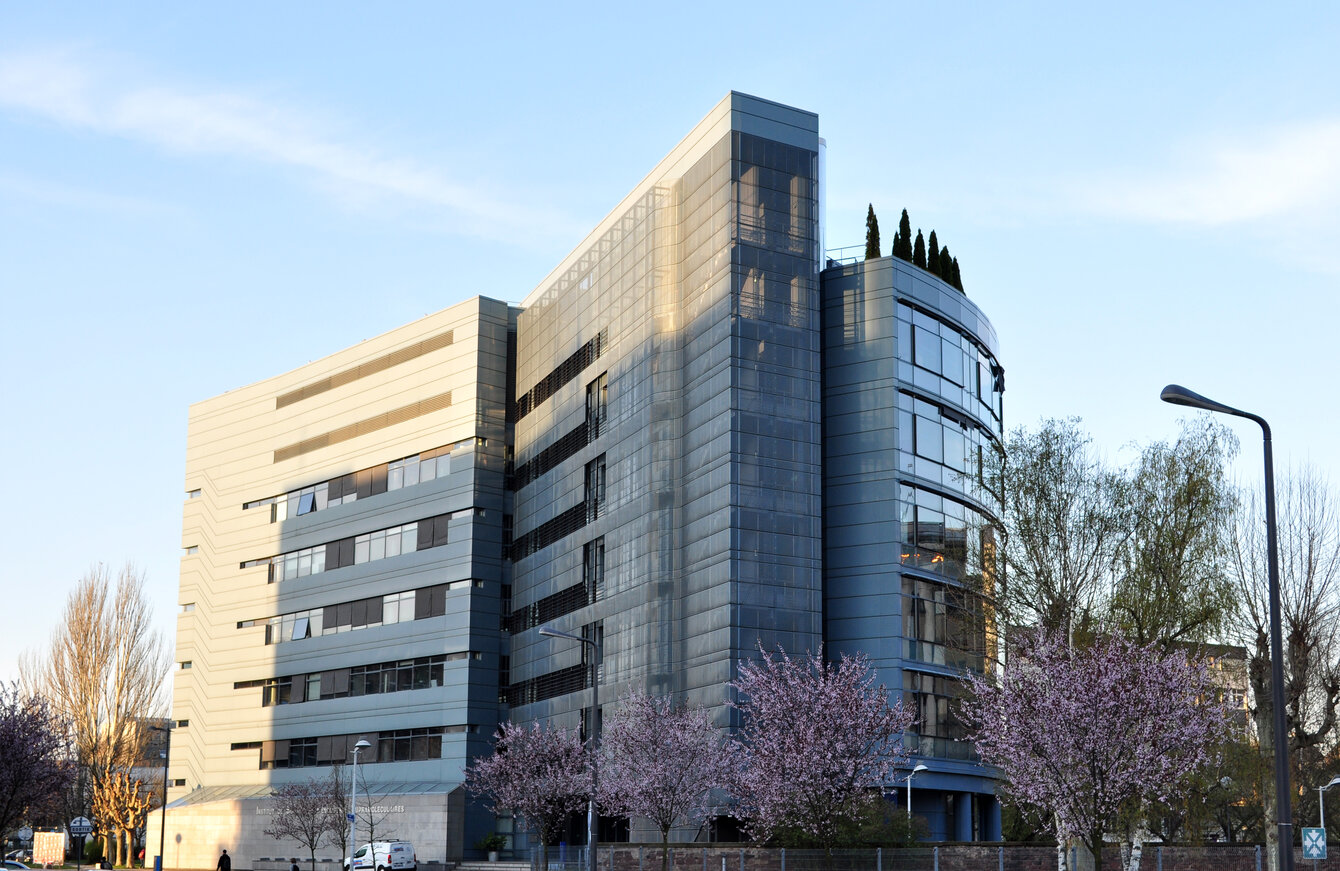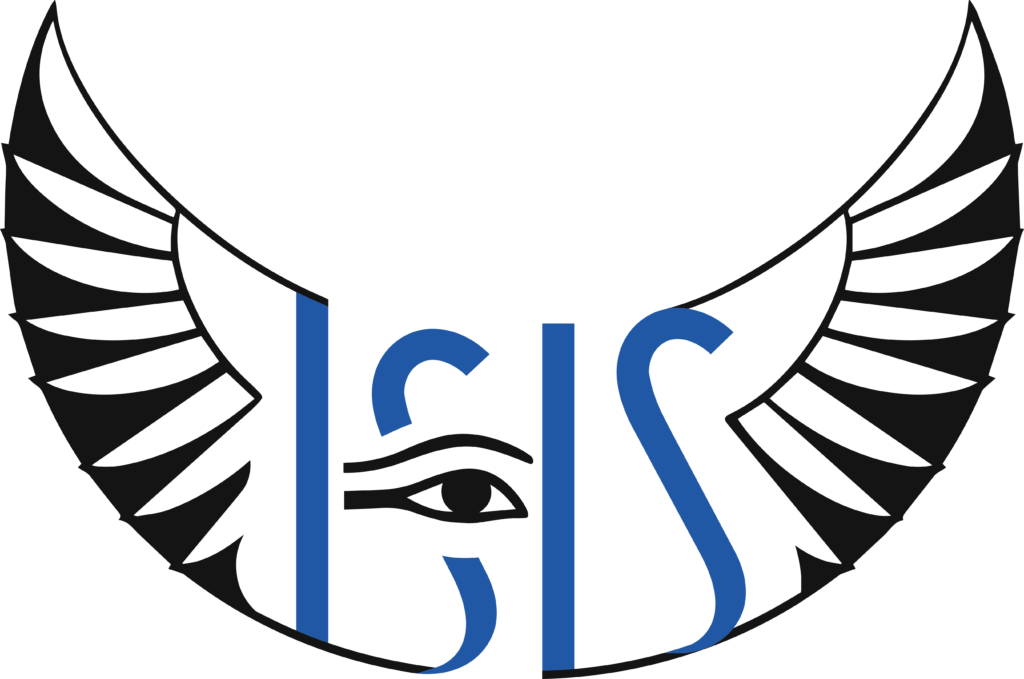Institut de Science et d’Ingénierie Supramoléculaires

The Institute of Supramolecular Science and Engineering is a Joint Research Unit (UMR 7006) of the CNRS and the University of Strasbourg, located on the Esplanade and Cronenbourg campuses. Its mission is to conduct multidisciplinary research at the interface between physics, chemistry and biology. It was founded in 2002 by Professor Jean-Marie Lehn, winner of the 1987 Nobel Prize for Chemistry.
High-level multidisciplinary research
ISIS researchers are developing exploratory research covering a wide range of scientific fields, around the general topic of complex matter. The subjects covered at ISIS include nanoscience and materials science, the study of self-organisation processes and adaptive chemistry, nanophotonics, plasmonics and strong light-molecule coupling, supramolecular biomaterials, supramolecular self-assembly, the chemistry of macromolecules, the chemistry of 2D materials (graphene, etc.), the development of methods for calculating the properties of nanomaterials, the study of the properties of nanomaterials, the study of the properties of nanomaterials. ), the development of methods for calculating conformation free energies and bond free energies, catalysis and quantum physics and computing. This interdisciplinary approach is one of the cornerstones of the Institute's scientific policy and has been the source of many innovations.
Thanks to its active support to scientific excellence since its creation, the Institute attracts the best researchers and produces cutting-edge research that is recognised worldwide (see Awards section).
An original structure to meet our ambitions
ISIS has an original structure, built around senior laboratories, junior laboratories and hosted laboratories (public or private), which encourages interaction between the academic and industrial sectors.
- Senior laboratories are headed by internationally renowned scientists.
- Junior laboratories are designed to provide a temporary home for young researchers, who are given the means to develop original, independent research.
- Hosted laboratories are public or private partners wishing to carry out some of their activities within ISIS. They are hosted on a contractual basis for a fixed period.
- The Centre Européen de Sciences Quantiques (CESQ) joined ISIS as an affiliated center and has been located on the Cronenbourg campus since 2022.


![[Translate to English:] Fondation Jean-Marie Lehn](/websites/_processed_/9/4/csm_logo-fondation-lehn_24043a5484.png)
![[Translate to English:]](/websites/_processed_/7/4/csm_signature-federation-chimie-uar2042_8414e733c6.png)
![[Translate to English:]](/websites/_processed_/8/8/csm_logo-europe_567626666f.jpg)
![[Translate to English:]](/websites/_processed_/e/0/csm_logo-grand-est_d7796e66f0.png)